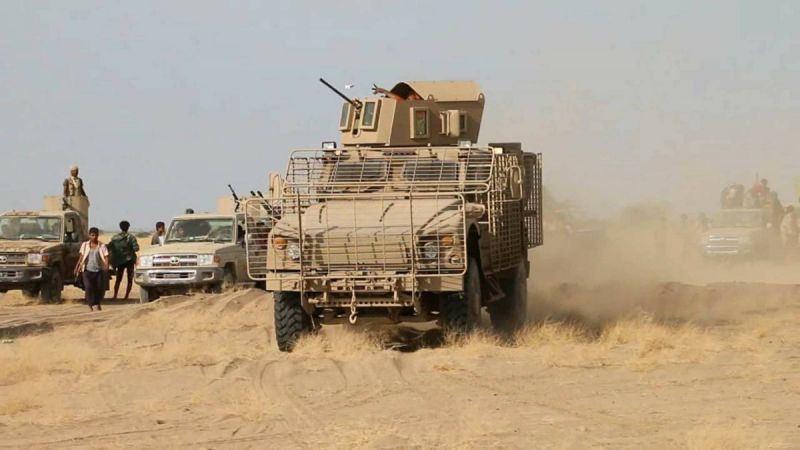
Local Editor
Yemen's warring factions began preparations for a fresh escalation of fighting raging over the control of the strategic Red Sea port city of Hodeida, ignoring efforts aimed at cessation of hostilities.
The calls for an escalation in fighting between Yemen’s popular Houthi revolutionaries and the resigned regime forces added angers to the agreement reached under the auspices of the United Nations in Sweden in December last year.
Senior leaders of the Houthi movement based in Sana’a vowed to intensify military battles against the Saudi-led coalition and its local allies just in case the implementation of Sweden agreement failed.
Mohammed Ali al-Houthi, head of the Houthi highest revolutionary committee, said in a statement posted in Twitter that capturing the strategic port city of Hodeida will not be easy for the Saudi-backed Hadi forces.
He added that his group informed the UN envoy to Yemen Martin Griffiths that "reopening roads to the Red Sea Mills will be conducted only when circumstances are appropriate and the situation is safe."
These calls for military confrontations renewed just one day following the departure of the UN envoy who conducted a series of meetings with Houthi leader in Sana’a during the past few days.
Yemeni observers believed that renewing of the armed confrontations between the two warring sides in Hodeida will probably take place during the upcoming days, as the ground situation indicates start of escalation.
Anwar Gargash, the United Arab Emirates (UAE) minister of state for foreign affairs, said in a series of tweets that the deal reached between the Yemeni warring sides in Stockholm is at critical juncture.
The UAE minister said in his statement that "the Saudi-led coalition prepared to use more calibrated force to prod Houthi in compliance with Stockholm agreement."
The conflict in Yemen started in 2014. Since 2015, a Saudi-led coalition, backing the resigned regime, has been fighting the Houthis.
The security situation was further exacerbated after the coalition in June 2018 launched an operation to take Hodeida, a strategic port city that had been handling some 70 percent of Yemen's imports of food.
The fighting has spawned the world's worst humanitarian crisis and brought the poorest Arab country to the brink of famine.
Under the UN auspices, the warring parties reached a deal in Sweden in December 2018, which included a governorate-wide cease-fire of Hodeida and the formation of the RCC to monitor withdrawal of troops by both the Hadi regime and the Houthis in the area.
Shortly after, the UN Security Council authorized an advance team for 30 days to monitor and support the implementation of the deal.
Earlier in January, the Security Council adopted a resolution to establish a UN political mission for an initial period of six months to support the Hodeida agreement.
Source: News Agencies, Edited by Website Team